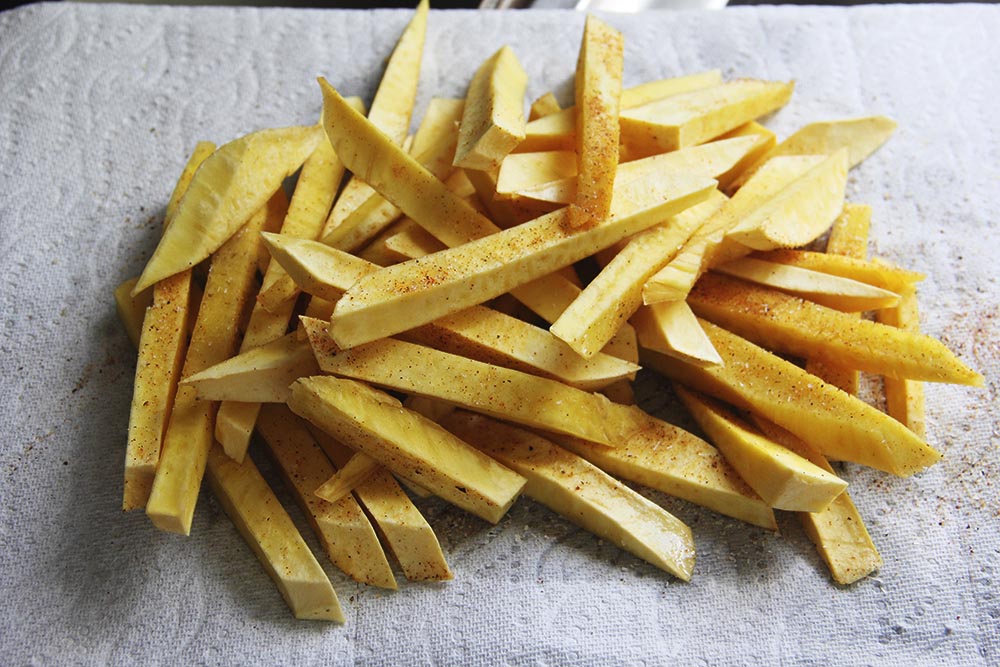 Parents, do you realise that you are Influencers? Today I want to appeal to you to embrace your role as an Influencer. Take charge and use the power, persuasion, and authority you have to influence what your children eat and drink.
Parents, do you realise that you are Influencers? Today I want to appeal to you to embrace your role as an Influencer. Take charge and use the power, persuasion, and authority you have to influence what your children eat and drink.
The term Influencer is used very much these days in the realms of social media and marketing and this modern use of the word is mostly associated with young people (young adults), and even some of us not so young. Heck, the first time I was in conversation with a marketing consultant, and he prefaced his question with, “As an Influencer…” I frowned. Wait, what? I am an influencer? I don’t think so. It’s like hearing people talk about their “followers” on Twitter, TikTok and Instagram. And here we were thinking that only Jesus, Mohammed, Buddha, and other religious heads have followers.

Apart from it being the start of a new year, there are two other things that occurred recently that prompted me to write about parents using their influence – one was an editorial in Stabroek News on December 22, titled Fast Food (an argument which I believe to be partial) and the other was comments from a senior nutritionist in a News feature here (in Barbados) about the role and responsibilities that parents have in feeding their children. I am not here to point fingers, cast aspirations, ridicule, condemn, or judge because the feeding of oneself and that of children is a complex, complicated issue. Financial resources and food security are among the main issues associated with eating, eating healthy and eating nutritiously. What I do want to do, is to make a general appeal, that wherever possible, whenever, from early, and as often as you can, as parents or guardians, to use the sway and authority you have to coax, cajole, and influence what your children consume when they eat and drink.
Far too often and for too many years now parents have been complaining that their children won’t eat or drink this or that. For the most part, these complaints are never about what the children cannot consume because of allergies or digestive intolerances, rather, it is that they (the children), won’t and don’t want to eat or drink – fill in the blank.
Parents do much to ensure that their children grow up with standards and values that position them well to be good people, successful, and exemplary citizens of this earth. They sacrifice much of their own personal and professional selves to ensure that they give their children the best of everything that they can, within their means.
For many, the first encounter with food and drink is at home. It is where we learn to taste, to chew, to drink, to swallow. At a glance, some of the lessons and values taught through what is put on a child’s plate are open-mindedness, tolerance, appreciation, respect, and the value of many things. These and the many other things learnt from what’s on the plate and on the table hold us in good stead in all aspects of life. I am not saying that we should force children to eat everything, but we should teach them to at least try it before outright denouncing whatever
that food or drink is. We are fortunate to be living in a multicultural society with a rich cuisine that reflects our diversity and oneness. In eating a wide variety of foods, children can be educated about the nutritional and health value of what they are eating. By doing this, children can make a connection between what they are eating, why they should eat it and why it is important that you as their parent are feeding them this particular food. Be the Influencer your role as a parent serves up.
Parents have ways of making us do things, even as grown adults. Don’t be shy, parents, you know of what I speak. Find ways of presenting a wide variety of food and drink to your children, especially those that they seem not to like, but that’s good for them. You might be surprised at how receptive they are. Try a different cooking technique, consider cutting (chopping, slicing, dicing) things differently, or pairing things. At times it can be as simple as offering it in different crockery, presenting things differently. Remember that your way of having something is not the only way, children have minds of their own and respond accordingly. For example, dhal ladled over rice is one thing, dhal served on the side in a cup or small bowl with a spoon is quite a different way of eating it. It can be the little things. How many times as parents have you not shared stories about your child(ren) “embarrassing” you by not eating or drinking something you prepare but going to a stranger’s home and eating and drinking the same thing? Sometimes it is about a flavour profile or even the circumstances, the environment or atmosphere.
I shared this story with you before, but it is worth repeating. As a child (and even now as an adult), I cannot eat baigan/boulanger/eggplant the way my mother cooked it – cut into long thick slices, sauteed with tomatoes, onions, garlic, thyme, and sometimes salt fish, all cooked low and slow in a covered karahi. It always looked appetising and pleasing to the eye but could not pass my lips. As a child, I had to try it, at least once, that was the rule in our home. When my mother fire-roasted that same baigan/eggplant studded with slices of garlic, and mashed it with finely minced onions, hot peppers, shallots, and sometimes, fire-roasted tomatoes, I could not get enough of baigan Choka. To date, it remains the main way that I eat eggplant.
I know of a child who would not eat scrambled eggs but willingly eats eggs when his mom boils them. I know of another instance of a friend’s daughter who would not drink hot Milo when she (the mother) makes it but would gleefully drink Milo when her dad makes it as a cold drink. There are numerous examples I can give, but you get the point. I am sure you have your own stories too. Sometimes it is not what the food or drink is, but who is serving it, who they want to feed them. It’s about who can get so and so to eat or drink certain things. Think Influencer.
Parents and guardians, claim your space, own your authority. Embrace your power and ability to persuade your children what to eat and drink. Be. An. Influencer.
Cynthia









